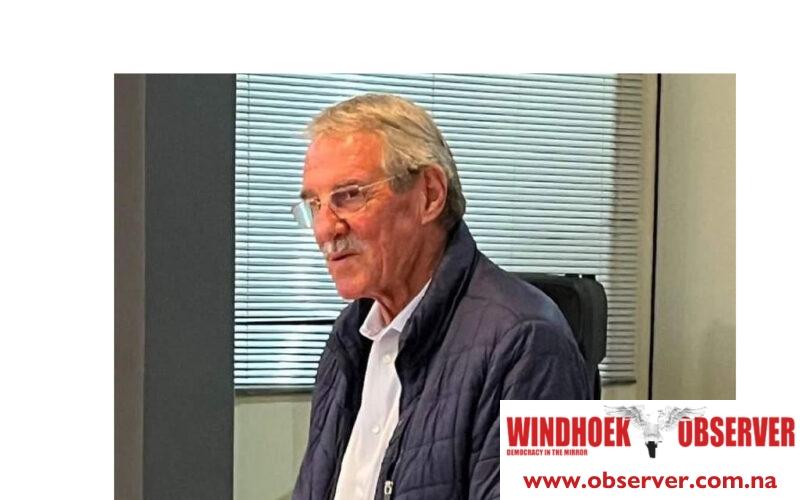Niël Terblanché
The Namibian government has issued a stern rebuke of allegations made by Republican Party President Henk Mudge regarding the recent adoption of the Pact for the Future at the Summit of the Future during the United Nations General Assembly in New York.
The assertions, which Mudge claims call into question the sovereignty of Namibia, have been labelled as false by the Ministry of International Relations and Cooperation.
According to Penda Naanda, the executive director of the ministry, the Pact for the Future covers a broad range of global issues, including sustainable development, peace and security, climate change, digital cooperation, human rights, youth, and the well-being of future generations.
Naanda stressed that the allegations made by Mudge are baseless and misleading.
He said that the Namibian government is committed to the pact and he reaffirmed its importance in accelerating the implementation of the Sustainable Development Goals (SDGs), in line with the country’s own national development priorities.
Mudge raised concerns that the Pact paves the way for a centralized global governance system, which he argues will undermine national sovereignty.
He also alleged that the Pact would enforce biometric digital identification systems, creating what he described as a mechanism for global surveillance and suppression of dissent.
Mudge argued that the adoption of the Pact should have been subjected to broader public and parliamentary debate, rather than being endorsed solely by the President and the executive.
In response, Professor Peter Katjavivi, Speaker of the Namibian National Assembly, countered Mudge’s claims, explaining that the Pact is aligned with Namibia’s existing commitments to the SDGs and multilateral cooperation.
Katjavivi dismissed concerns over sovereignty, stating that the Pact reinforces, rather than undermines, Namibia’s development goals and its engagement with the international community.
The Namibian government played a key role in the negotiations of the Pact of the Future, co-facilitating the process with Germany.
Since October 2022, Namibia has worked alongside Germany to shape the document, which culminated in its adoption by world leaders in September 2024.
The Pact for the Future is hailed as a significant step in renewing global trust in multilateralism, and in ensuring that international organizations, such as the United Nations, can meet emerging challenges.
The Summit of the Future provided an opportunity for global leaders to reaffirm their commitment to sustainable development, peace, and human rights, all of which form the core pillars of the Pact.
The Pact aims to “turbocharge” the implementation of the SDGs, which have been lagging behind their 2030 targets. This includes addressing climate change, digital governance, and ensuring that future generations are adequately considered in global decision-making processes.
Naanda made it clear that the government will continue to hold national consultations on the implementation of the SDGs as part of the broader framework set by the Pact for the Future.
He added that the government will continue to work with international partners to achieve these goals while safeguarding Namibia’s sovereignty and interests.
He also stressed the need for factual, transparent dialogue, rather than the dissemination of unfounded claims.
“Namibia’s role in the Pact for the Future is a positive step toward realizing sustainable development, ensuring peace, and securing a better future for its people,” he said.




